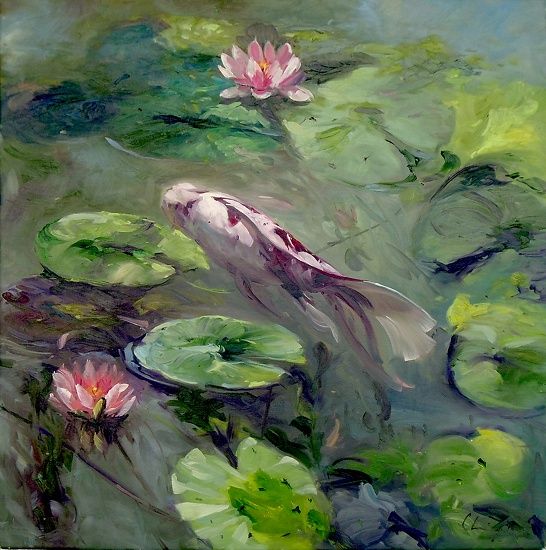Sub-technology (development)
Sub-technologies are detailed revolutions in knowledge designed for a practical purpose. These give structure to the understanding of what tools will be developed, how culture manifests and organizes civilization, what physical sites and settings come to exist (expressed as blocks) and what generalized social improvements are implemented — in turn suggesting the presence of what trade references.
The relationship between sub-technologies helps define the development level of the locality. Furthermore, sub-technologies also serve as a guideline for the creation or inclusion of sage abilities.
DEV-4
Predatory Hunting: practice engaged in by all non-developed intelligences, in which the predator stalks, kills and eats its prey. Distinguished from scavenging, which eats material after it has been found dead. Predators are adapted and often highly specialized for hunting, with acute vision, hearing and smell.
Hand-gathering: the harvesting of sea foods without tools, such as picking up shellfish or kelp, digging for clams or crabs, flounder tramping, noodling, pearl diving, trout binning and [tickling].
DEV-5
Basic Hunting: the primitive killing and trapping of animals for food, with hunters acting in groups to drive and encircle animals so they can be harvested. Plants and other food sources provide staple forage.
Catch Fishing: also known as artisanal fishing, the employment of primitive styles of fishing using short (rarely overnight) fishing trips close to home. The catch is not processed but is instead eaten. The amount caught usually meets the subsistence needs of the community.
Mute Barter: the basis of a primitive trade economy whereby more developed outsiders arrange to barter with well-placed yet isolated tribal-based settlements. An arrangement is often made in which the outsider leaves trade goods at a pre-arranged place, thereafter signalling with a gong or by smoke. The primitive culture examines the offer and deposits their own goods in exchange. The goods traded for are typically crude and for practical use. Continuous trade helps stabilize larger settlements into sustained villages enduring multiple generations.
Shamanism: enables communication with benevolent and malevolent spirits, whose threat is mitigated by the presence of a tribal shaman. Through religious ecstasy and trance, an abnormal state of wakefulness, existing spirits are appeased and encouraged to act supportively of the shaman's people. Further, the shaman manipulates wild magic through the altered states of consciousness induced by pain, fasting, herbs and extraordinary physical exertion, producing a natural degree of intoxication. The presence of the shaman adds +1 happiness to a community.
DEV-6
Aquaculture: the farming of fish and shellfish in ponds, river estuaries and enclosed bays. Fish stocks are selected for size. Includes cultivation of ornamental fish. Extensive farms exist in subterranean cultures.
Bowfishing: uses barbed arrows with line, enabling the drawing in by hand or using a reel. Best employed in freshwater sources where the water is clear.
Outward Fishing: the expansion of catch fishing into semi-deep waters, risking time spent being out of sight of the shore.
